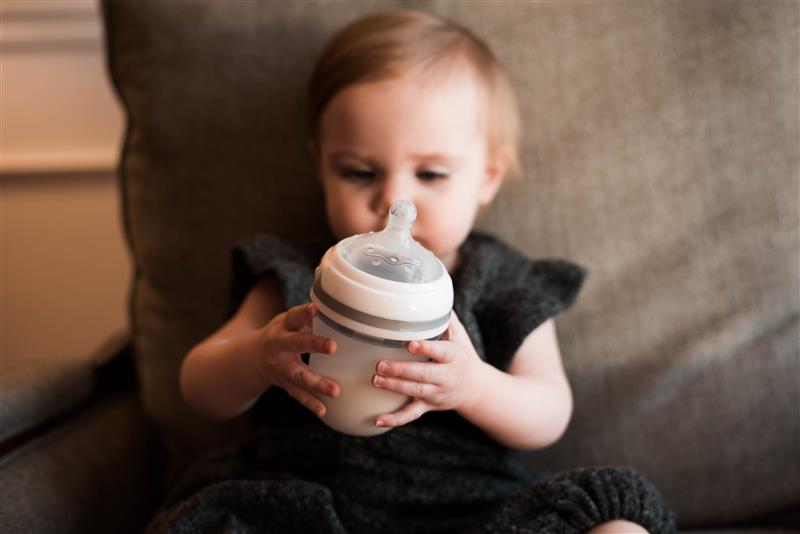Sterilizing is an important step in your baby's feeding routine. Knowing how to correctly sterilize baby bottles and nipples will help you ensure that you protect your baby’s delicate immune system in their early stages of development. In this article we’ll run through the best approaches to take and some of the equipment you can use to make this process quick and easy.
Do I actually need to sanitize my baby bottles and nipples regularly?
For newborn babies, yes. For older babies, not necessarily. You should sanitize your newborn's feeding items once daily, either using a microwave or plug-in steam system, a dishwasher with hot water or a heated drying cycle, or by boiling disassembled feeding items in water for five minutes.

Does the dishwasher actually sterilize baby bottles?
This is a really common question, so you are not alone if you are wondering about this. The CDC notes that if bottles and nipples are cleaned in a dishwasher using hot water and a heated drying cycle (or sanitizing setting), a separate sanitizing step is not needed.
How should I sterilize bottles when traveling with baby?
You may be used to using a dishwasher or plug-in sterilizer when you are at home, but what about when you are on the move? A Portable UV Sterilizer is a quick and practical way to sterilize bottles when you are traveling with baby.
If you're not familiar with UV sterilizers you might be scratching your head right now. Ultraviolet light (UV) is commonly used in hospitals and other medical settings and it's electromagnetic radiation that kills microorganisms quickly and safely.
Microwave Sterilizing Bags are another simple, space saving way to sterilize bottles when you are away from home. Easy to store and carry with you for emergencies, these come in packs of six and each bag can be used up to 30 times. That's a total of 180 bottles!
Is it necessary to sterilize baby toys?
As your newborn grows and starts to explore the world around them they will put toys in their mouth. We would recommend that all of these toys are sterilized before giving them to baby to keep them germ-free.
When to stop sterilizing baby bottles
We mentioned earlier on that sterilizing is important to protect your baby’s immune system especially during those early months. The CDC notes that if your baby was born prematurely, is younger than two months old, or has a weakened immune system, their bottles and feeding items should be sterilized daily. By keeping up with a regime of sterilization, you will be protecting them from the effects of germs and bacteria - including diarrhea and vomiting. For older and healthier babies, this may not be necessary.



